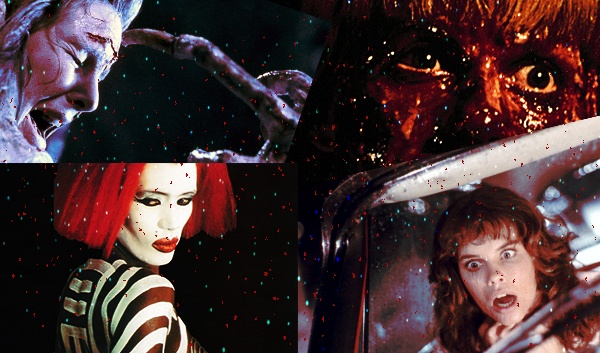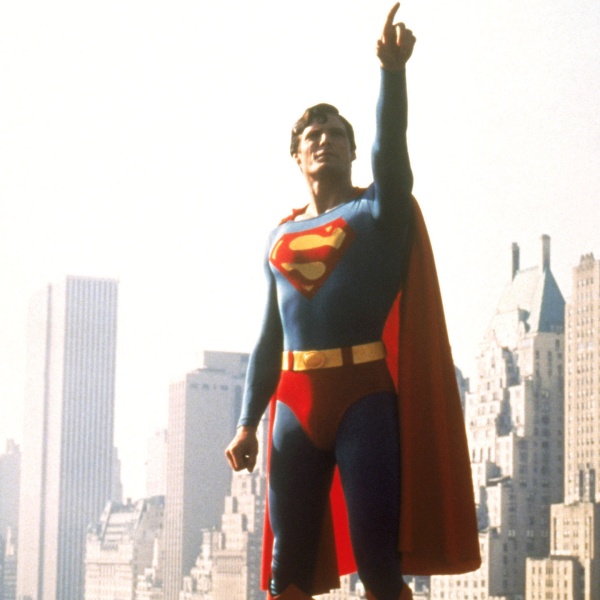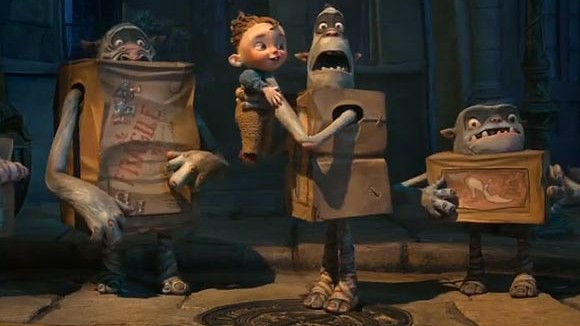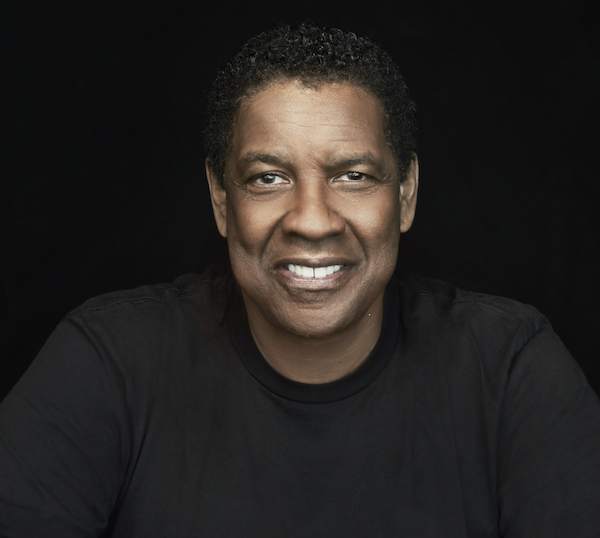With “Master Gardner,” writer-director Paul Schrader completes what has been dubbed his “Lonely Man” trilogy — but the man behind “American Gigolo” and “The Mosquito Coast” has returned to the same preoccupations and themes over his long career. The only thing that’s really changed is his approach to filmmaking.
“The last three films I’ve made in about 20 days each,” Schrader told IndieWire’s Filmmaker Toolkit podcast. “I’m shooting more quote-unquote film — even though we don’t shoot film — I’m shooting more images and getting more images in the chip to, like we say, in the 20 days than I did in 40.”
Part of that leanness is attributed to Schrader’s understanding of what is and isn’t needed, even before arriving on set. His scripts are now a tight 70-80 pages, while in the early ’80s they tended to hover around 115. “When you’re working on a tight budget, and you’re the writer as well as the director, you can start to smell a scene that’s gonna get cut,” Schrader said. “And if you can spot one coming in the writing stage, the rewriting, even in the prep, just cut it right then and there.”
That approach is evident in “Master Gardner,” starring Joel Edgerton as a horticulturist working for Sigourney Weaver and harboring secrets, who is tasked with taking on her great-niece as an apprentice. It’s the final film in what Schrader has called an “accidental trilogy,” completing a cycle initiated by “First Reformed” and “The Card Counter” but in many ways an extension of Schrader’s work since he wrote “Taxi Driver.”
“As you get older, the metaphors change, so that lonely, angry kid in the taxicab is now a former Proud Boy or a former torturer, you know?” Schrader said before referring to the number of “hot buttons on the console” in “Master Gardner,” all of which he joked would have been lost in the furor if he’d cast Kevin Spacey in the lead. “I said to the producer, ‘You know, if we really wanna get them not thinking about [the] May-December [romance] and not thinking about the white nationalist, let’s cast Kevin Spacey. Then they’ll really be fucked up. Their heads will be spinning so long they won’t stop.’”
Not that concern over touchy subjects in his scripts is anything new; in his original “Rolling Thunder” script, William Devane’s Vietnam vet was much more explicitly racist until it was toned down. That film’s reputation has increased over the years and it might get renewed attention soon, according to Schrader. “Quentin [Tarantino] — this may have changed — but about a month ago he was making a film, had something to do with filmmaking in the ’70s. And part of this, he’s going to use clips from movies from the ’70s, but he’s also gonna remake movies from the ’70s. And he asked me, ‘Can I redo the ending of “Rollling Thunder?”’ And I said, ‘Yeah, go for it. I’d love to see you redo the ending of “Rolling Thunder.”’ Who knows whether he actually will or not. But it was something that was tickling his imagination in a very Tarantino-esque way.”
Whether Tarantino called about using “Rolling Thunder” in his much-discussed 10th film “The Movie Critic” remains to be seen, but his alleged interest only proves the powerful hold Schrader’s singular cinematic vision still has — including, now, “Master Gardener.”







